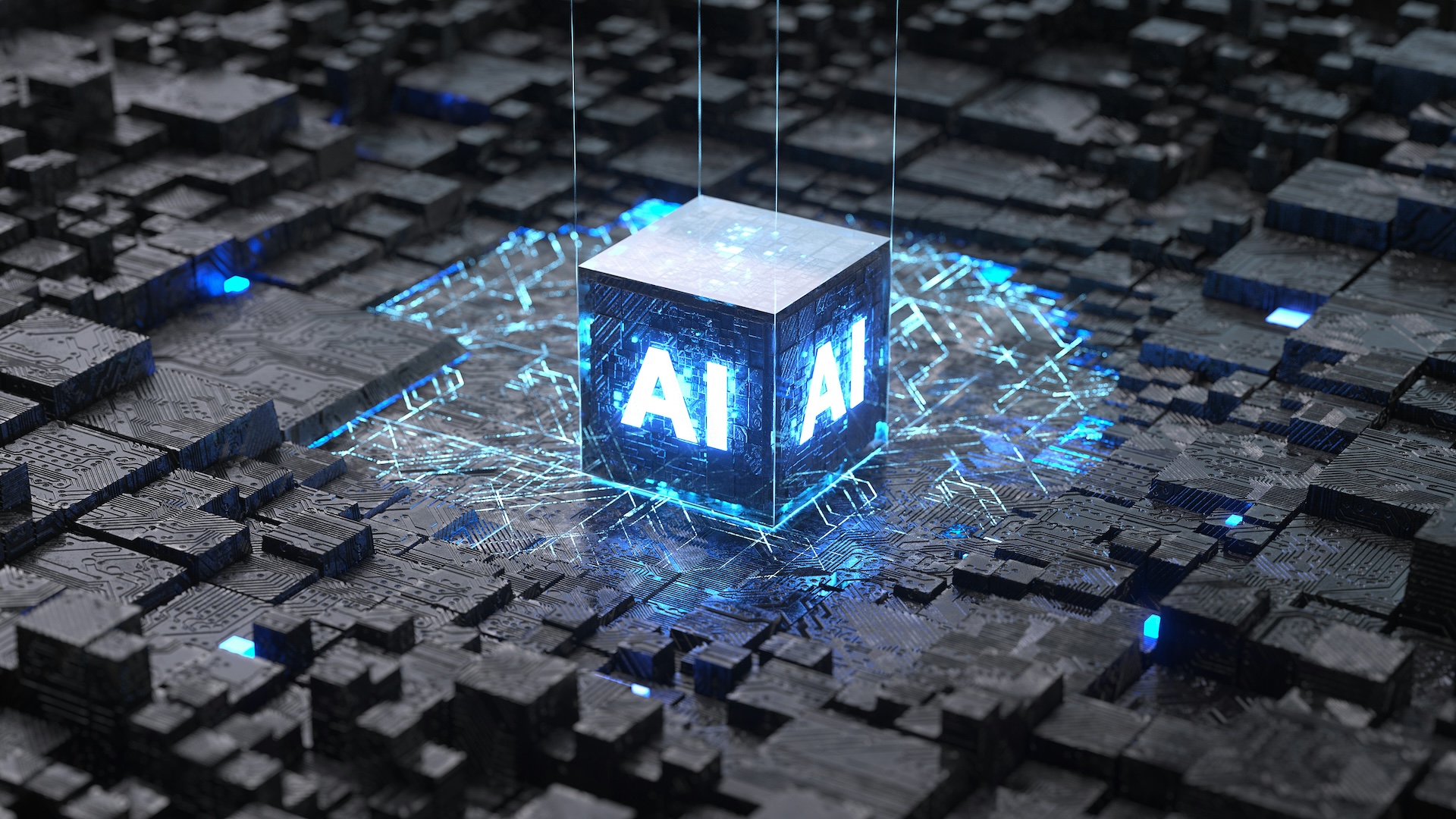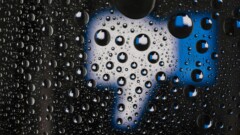Most technological innovations take place slowly and then all at once. We first begin to hear about them as distant possibilities, then receive the first hints that they are drawing near, and then one day we realize they are all around us. This is exactly how it is proving with the latest and greatest technology, AI.
AI holds out many promises. In fact, it’s hard to find a field or discipline for which someone hasn’t promised that AI will disrupt or full-out transform it. From the classroom to the pulpit, from editing to engineering, from drawing to driving, someone has identified a shortcoming and promised AI as the solution.
Like most technologies that have come before it, AI is being introduced with far more thought to early adoption and gaining market share than to potential concerns or drawbacks. Everyone seems to be asking where and how quickly they can introduce it lest they lose a competitive advantage. Far fewer are taking the time to ask, “But where may it harm us? Where may it cost more than it helps and where will it give less than it takes? Where will it help and assist us and where will it infringe upon our very humanity?”
You’d think we would have learned by now. You’d think we would have learned from the rise of the Internet and with it the rise of pornography addiction among young men or the rise of Instagram and with it the terrible cost it exacted from young women. Yet so many press on, blinded by optimism and terrified of missing out.
I have rarely been accused of being a Luddite, but I feel a deep sense of caution when it comes to AI. A sense of foreboding even. I understand it to be a technology as powerful as any humanity has ever created and one that can bring about as much harm. It has the power of a nuclear bomb yet is being handed to children and teenagers. Something is bound to go terribly wrong. Based on the modern history of digital technologies, it would be an aberration if something didn’t go terribly wrong.
To this point, the main impact of AI in my life has been in the area of information. I see it beginning to make its presence known in the media I read, watch, and listen to. What I am finding is that the existence, the growing prevalence, and the invisibility of AI have begun to seed a kind of epistemic doubt in my mind. When I watch videos I wonder if they are real or fabricated. When I see a photograph I wonder if it is authentic or generated, untouched or manipulated. When I read an article on the internet I wonder whether it was written by a human being or a machine. I don’t know what’s true anymore. I struggle to know what’s real.
If you’ve searched for anything on Google in recent days, you have probably seen that it now prioritizes AI answers over human ones. This is better for Google anyway since it allows the company to further its reputation as the authoritative place to find answers. It’s usually correct, I suppose. But not correct because it has learned and studied and evaluated the facts. If it’s correct, it’s because it has correctly parsed billions of pieces of data and successfully regurgitated it.
AI is all of the world’s facts without any of humanity’s wisdom. It is knowledge without a heart and data without a mind.
And this is what so concerns me. AI is all of the world’s facts without any of humanity’s wisdom. It is knowledge without a heart and data without a mind. It is the impassive articulation of ideas processed through a CPU rather than a brain. It doesn’t know right from wrong, it doesn’t know truth from lie, it merely “knows” what it has gleaned from the billions of bits of data fed into it and then pieced together through an algorithm—an algorithm that is as slanted and biased as the people who created it. I can’t help but wonder whether AI will eventually make it so impossible to sort real from fake and factual from fabricated that the two will somehow blur together in such a way that AI becomes the arbiter of our truth, that we trust it more than we trust ourselves or any other source of knowledge. I sometimes wonder whether we will use AI or AI will use us.
AI can perform impressive tasks, to be sure. It already has many good and helpful uses and I have no doubt that many more will be discovered in the days ahead. There is obviously no going back. With that in mind, my encouragement to myself and to others is to proceed wisely and cautiously. Every technology has both benefits and drawbacks and we much more easily identify the former than the latter. The benefits cause us to adopt it in the early days and the drawbacks cause us to lament in the later days. We may save ourselves and those we love a lot of pain by being cautious and discerning adopters rather than rash and early ones.










